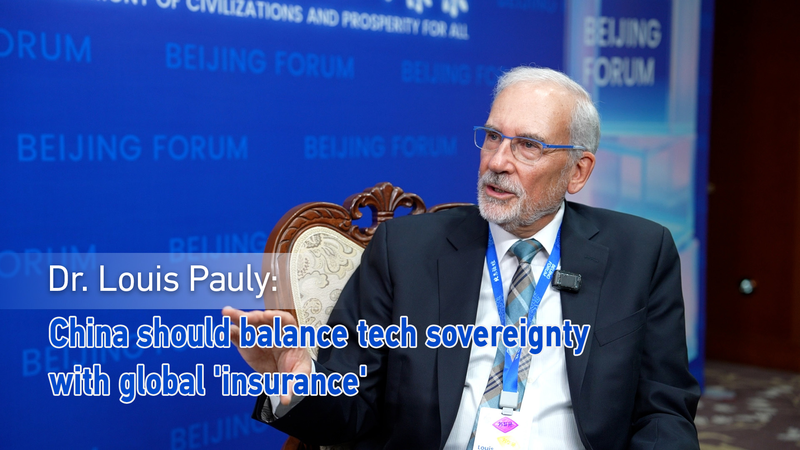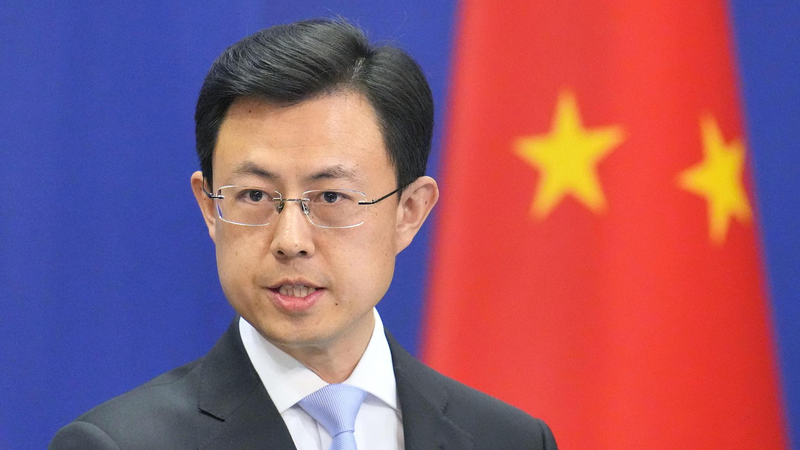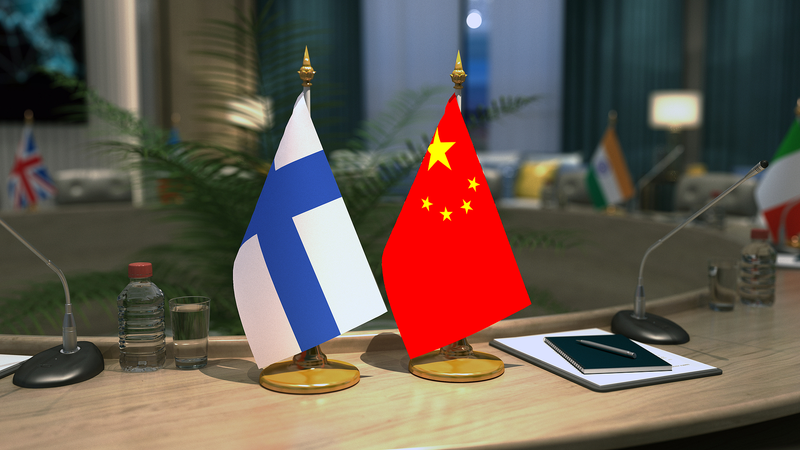🤝 At the Beijing Forum last Saturday, global risk governance expert Louis Pauly outlined a fresh perspective on the Chinese mainland's push for tech sovereignty. He noted that while building self-reliance in chips and high-end manufacturing is crucial, it needs an insurance-like safety net of international cooperation.
"Competition and cooperation have to be compatible or sustainable," Pauly said. He contrasted the tunnel-vision self-reliance of 1931, which worsened the Great Depression, with the swift, coordinated response of 2008-09—when the Chinese mainland played a key role in preventing a total market collapse.
Pauly explained that modern global risks demand a collective safety net, much like reinsurance markets that trace back to ancient maritime traders in Asia. Today, this global "insurance" instinct can help manage:
- 🌍 Climate change and biodiversity loss
- 🧠 Emerging technologies like generative AI
- 🔄 Cross-border shocks and supply-chain challenges
He believes the Chinese mainland's proposed 15th Five-Year Plan should weave bold self-reliance goals into a broader web of international risk-sharing. By merging sovereignty with shared protection, countries can fuel innovation without sacrificing global stability.
For Pauly, the message is clear: in an interconnected world, "protection now has to be global." He calls on policymakers and scholars to harness the lessons of insurance history and craft pragmatic, non-political collaborations for the challenges ahead. 🌐⚙️
Reference(s):
Expert: China should balance tech sovereignty with global 'insurance'
cgtn.com




